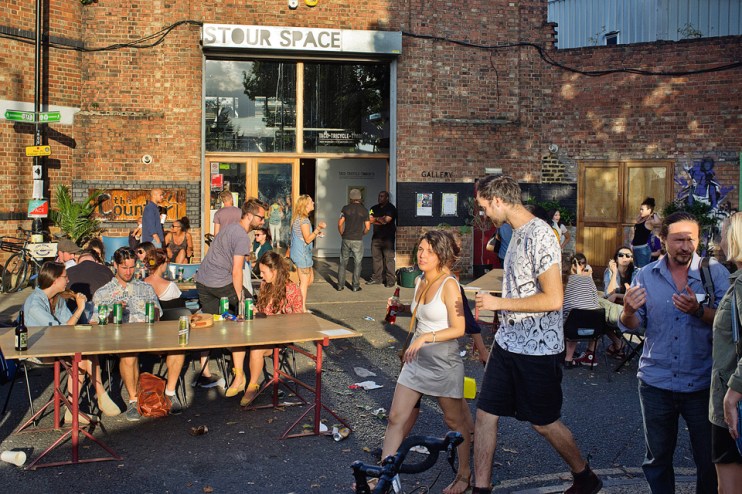Hospitality chiefs call on Sunak to reverse VAT hike or leave London businesses ‘unviable overnight’

Hospitality heads have said the government’s plans to increase VAT from current rates of 12.5 per cent to highs of 20 per cent at the start of next month will see some London businesses “become unviable overnight.”
Industry chiefs warned that Chancellor Rishi Sunak’s plans to hike consumer taxes on food, soft drinks, accommodation, and theatre tickets, pose a serious threat to the viability of London’s hospitality sector.
Speaking to City A.M. Kate Nicholls, head of industry body HospitalityUK, said the consumer tax hike will worsen the UK’s cost-of-living crisis, as she claimed London hospitality businesses will be particularly hard hit.
As London’s hospitality sector continues its recovery from Covid in the face of a “tsunami of inflationary pressures”, Nicholls’ warned the VAT hike is being passed at the “worst possible time.”
“We are really fearful that consumer confidence will crumble and the incremental growth we have seen in footfall in London will be reversed,” Nicholls said. “That is bad news for London and for the national economic recovery as a whole.”
As the hospitality businesses that are most reliant on international travellers that also have the highest costs, Nicholls raised concerns that the “tentative green shoots of recovery in London’s hospitality sector” will die off.
The comments come after Greater Manchester’s night time economy adviser Sacha Lord called on Sunak to “reconsider” the tax hike, as he called the plans a “critically short sighted” move.
Lord said the VAT increase “will only exacerbate the perilous financial position many businesses find themselves in,” as he urged the chancellor to retain the current tax rate “to stave off closures across the sector and the loss of thousands of jobs.”
”Our industry needs to stay afloat in order to keep providing these work opportunities and I fear for the survival of many businesses,” Lord said.
“Pubs and restaurants are seeing difficulties across the board, from tax hikes, inflated price rises for produce and ingredients and surging energy costs, on top of existing covid debt.”
Lord noted that the hospitality sector is a “vital employer” in some of the most deprived areas of Greater Manchester, as he suggested “the hospitality sector is well known for employing college leavers or those needing flexible careers in order to care for children or elderly parents.”